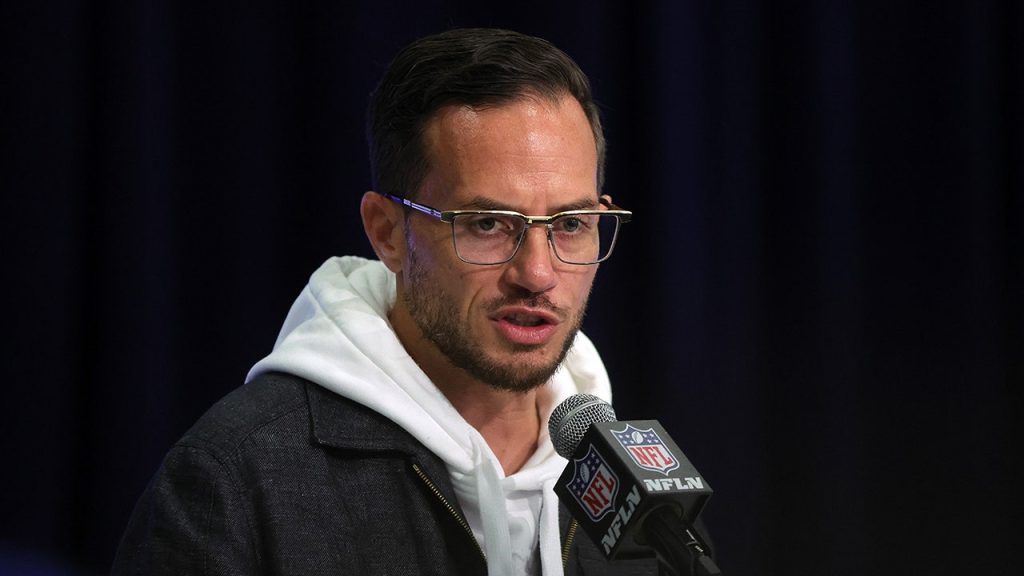Harrison Butker’s faith-based commencement speech at Benedictine College has sparked a debate among many, including Miami Dolphins head coach Mike McDaniel. McDaniel emphasized the importance of players understanding the consequences of their public statements, citing examples like Colin Kaepernick and Tommie Smith and John Carlos. While Butker’s speech was focused on faith rather than civil rights, the impact of his words will likely be long-lasting, just like those of other athletes who have spoken out on important issues.
One particular aspect of Butker’s speech that has caused controversy is his remarks directed towards the female graduates, encouraging them to embrace their “vocation” as a “homemaker.” While some have criticized Butker for his traditional views on gender roles, others have praised him for openly sharing his faith at a Catholic college. Regardless of one’s opinion on the matter, it is clear that Butker’s speech has already become a significant part of his public persona and will stick with him for a while.
The issue of athletes using their platform to speak out on social issues is a complex one, as illustrated by the differing reactions to Butker’s speech. McDaniel’s approach to handling players who express their beliefs reflects the need for them to be conscious of the lasting impact of their words. With Butker’s head coach Andy Reid also expected to weigh in on the situation, it is likely that this conversation will continue to evolve and bring into focus the intersection of faith, sports, and personal beliefs.
In the age of social media and heightened public scrutiny, athletes and other public figures must be cautious about the messages they communicate. The importance of authenticity and conviction in one’s beliefs, as stressed by McDaniel, is critical in navigating the complexities of sharing one’s personal views in a public forum. The significance of Butker’s speech and subsequent reactions highlight the enduring power of words and the need for individuals to take ownership of their statements.
While the specific content of Butker’s speech may have sparked controversy, the larger context of athletes using their platforms to share their beliefs remains a relevant and contentious issue. The intersection of values, faith, and societal expectations can lead to conflicting opinions, as seen in the reactions to Butker’s remarks. Ultimately, individuals like Butker must grapple with the repercussions of their public statements, knowing that their words can have lasting effects on their personal and professional lives.
As the conversation surrounding Butker’s speech continues to unfold, it serves as a reminder of the complexities and challenges of navigating faith, values, and societal expectations in a public setting. The divergent reactions to Butker’s words illustrate the diverse perspectives that individuals bring to discussions about belief, identity, and the role of public figures in shaping societal norms. In the end, the lasting impact of Butker’s speech will likely prompt further reflection and debate on the power and responsibility of individuals to express their beliefs authentically and conscientiously.


